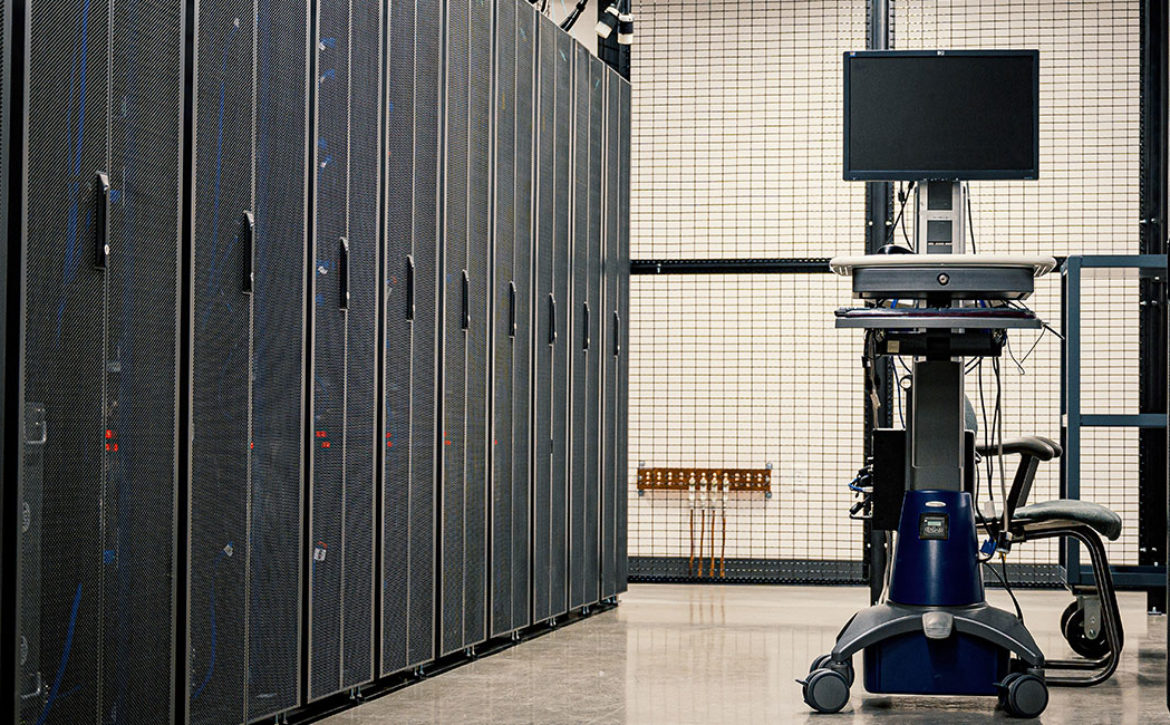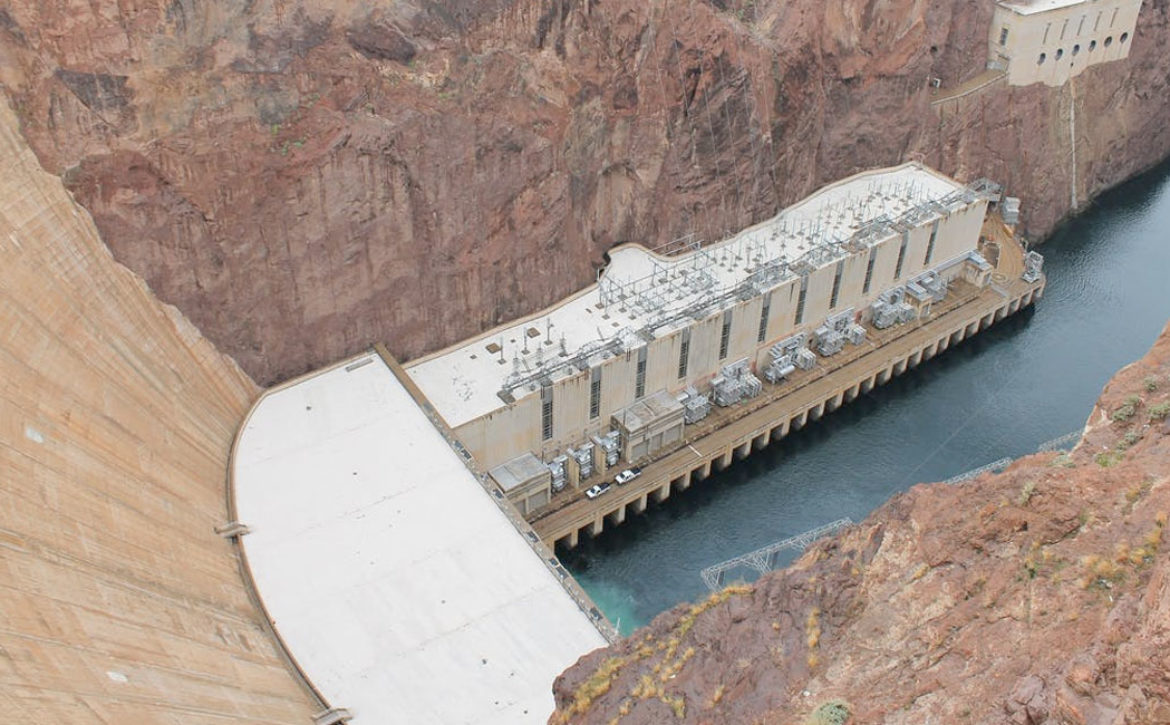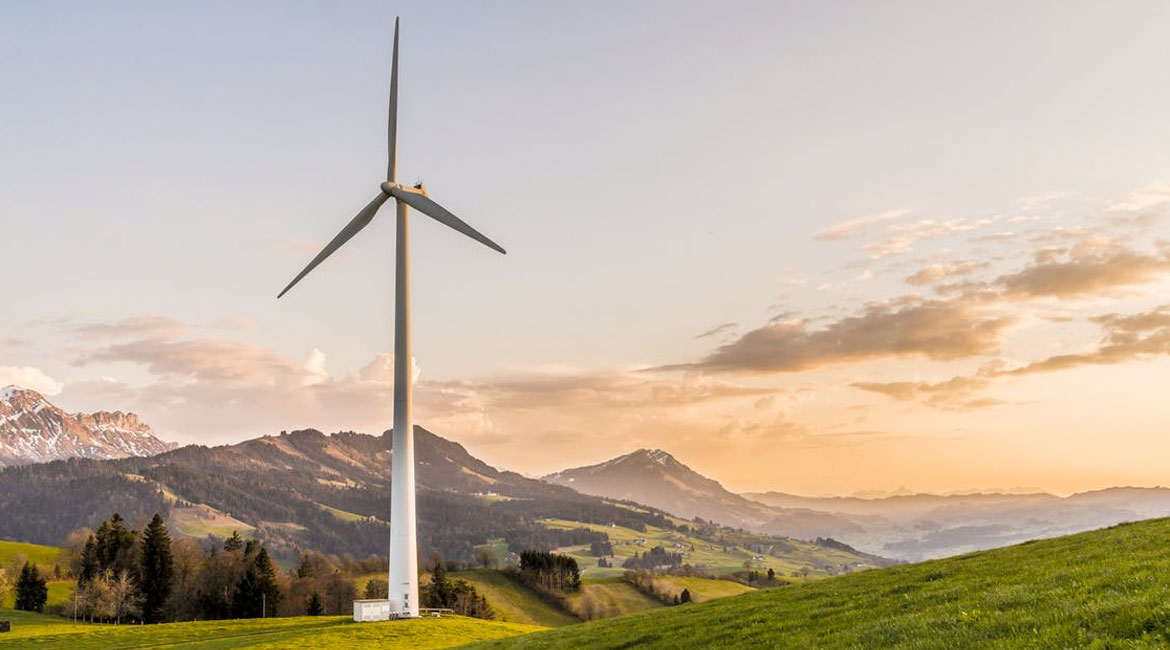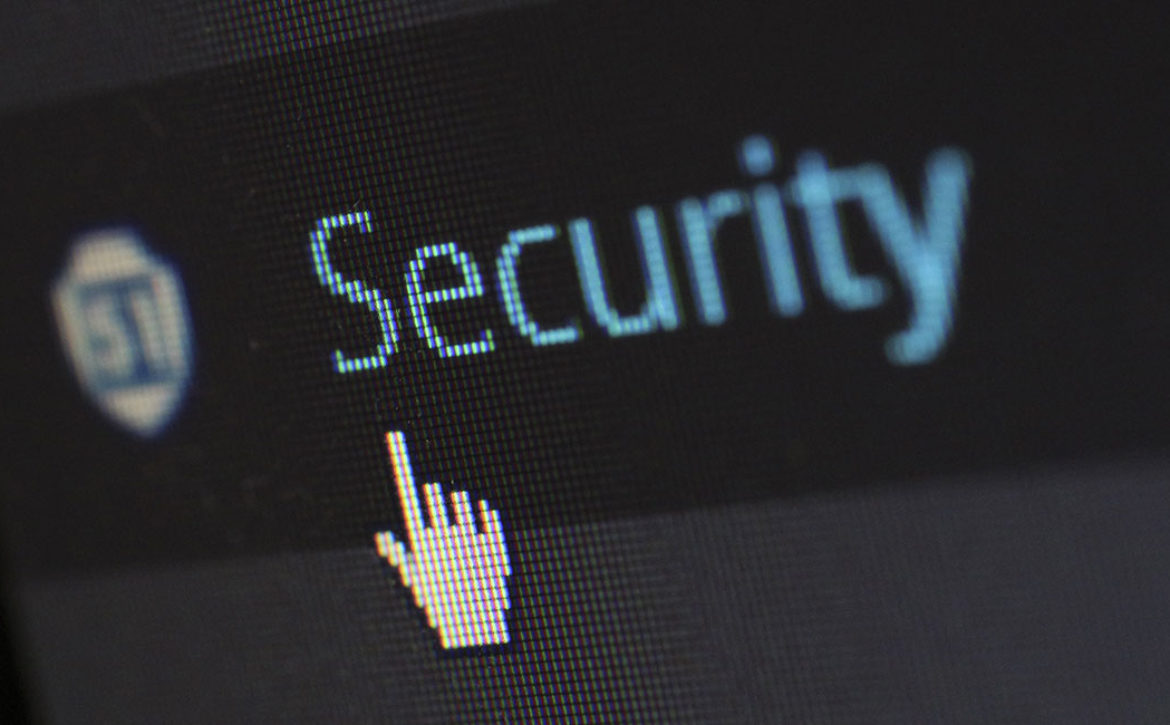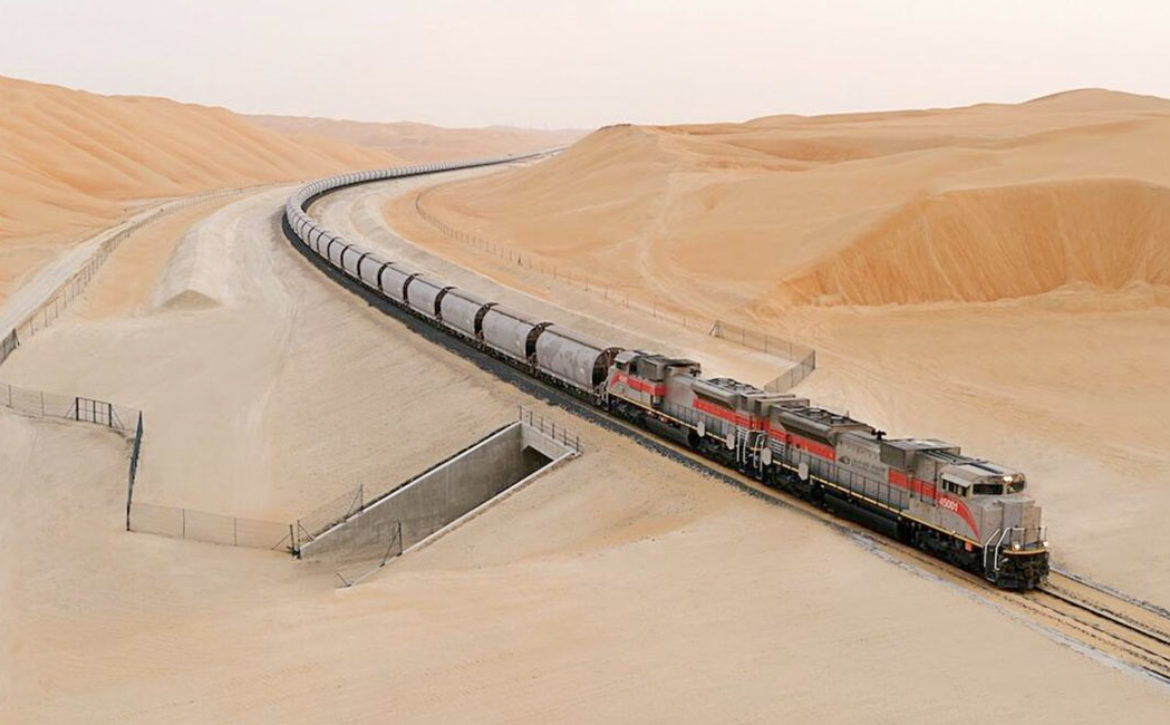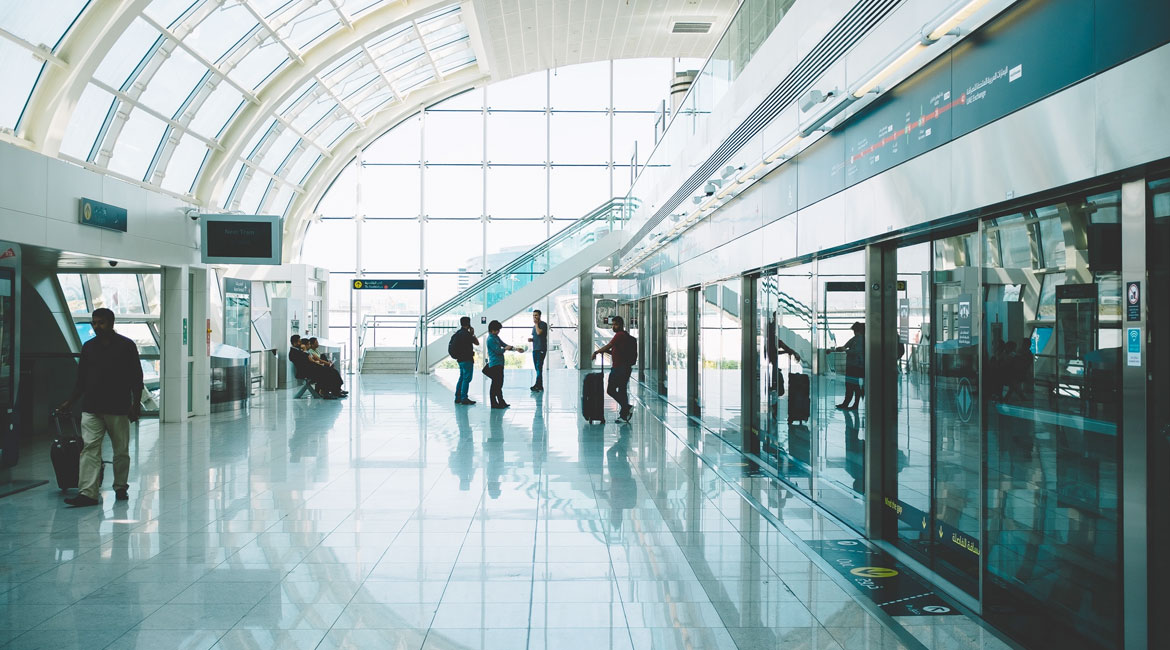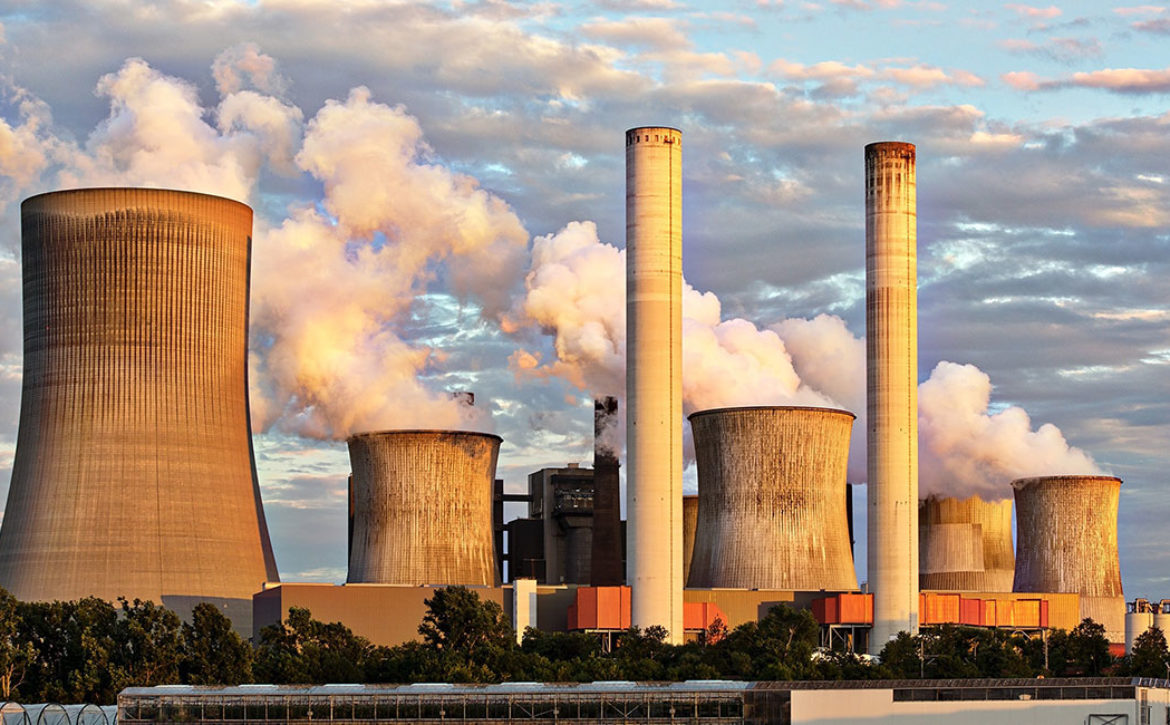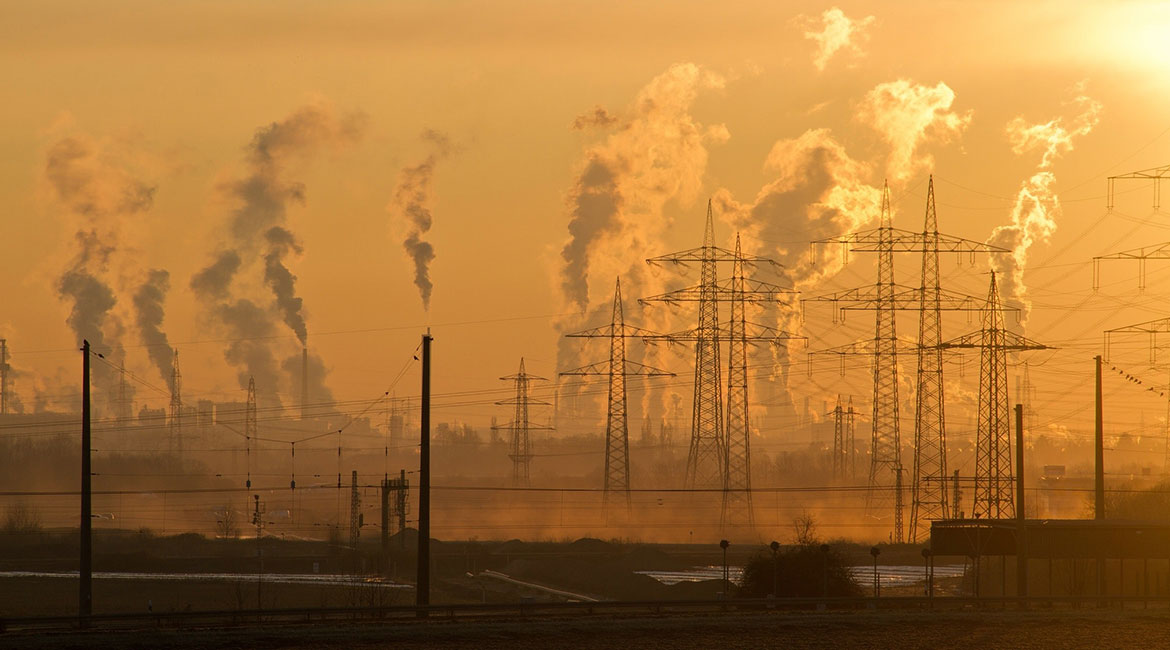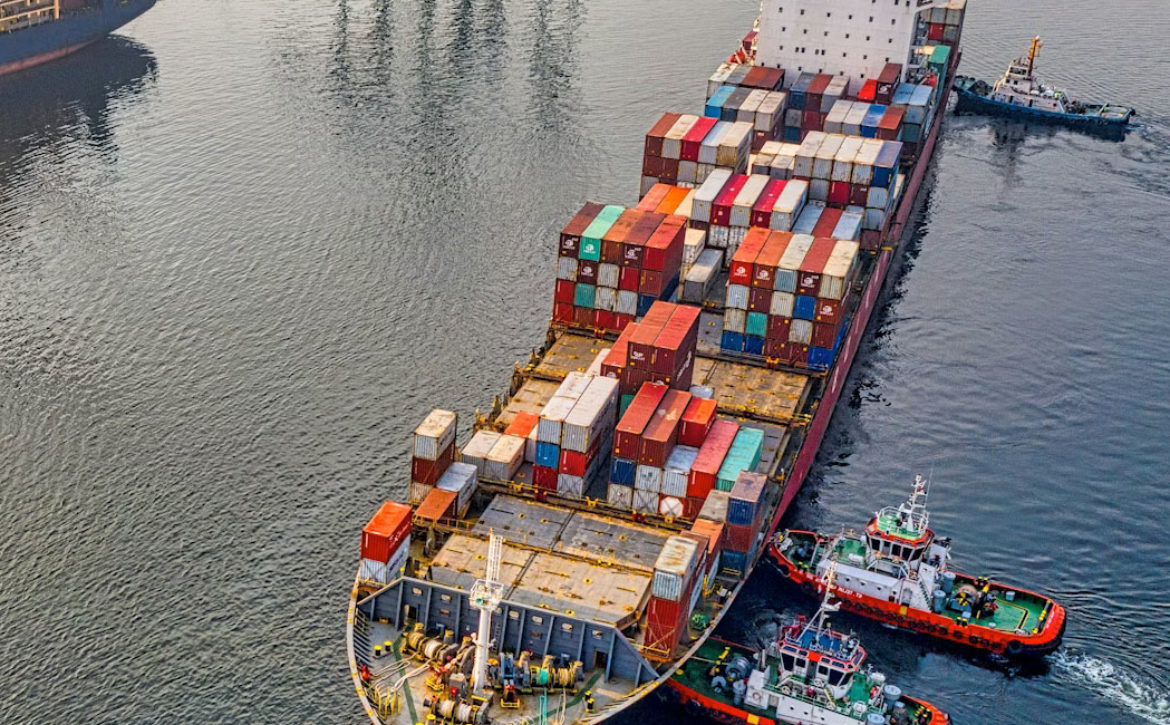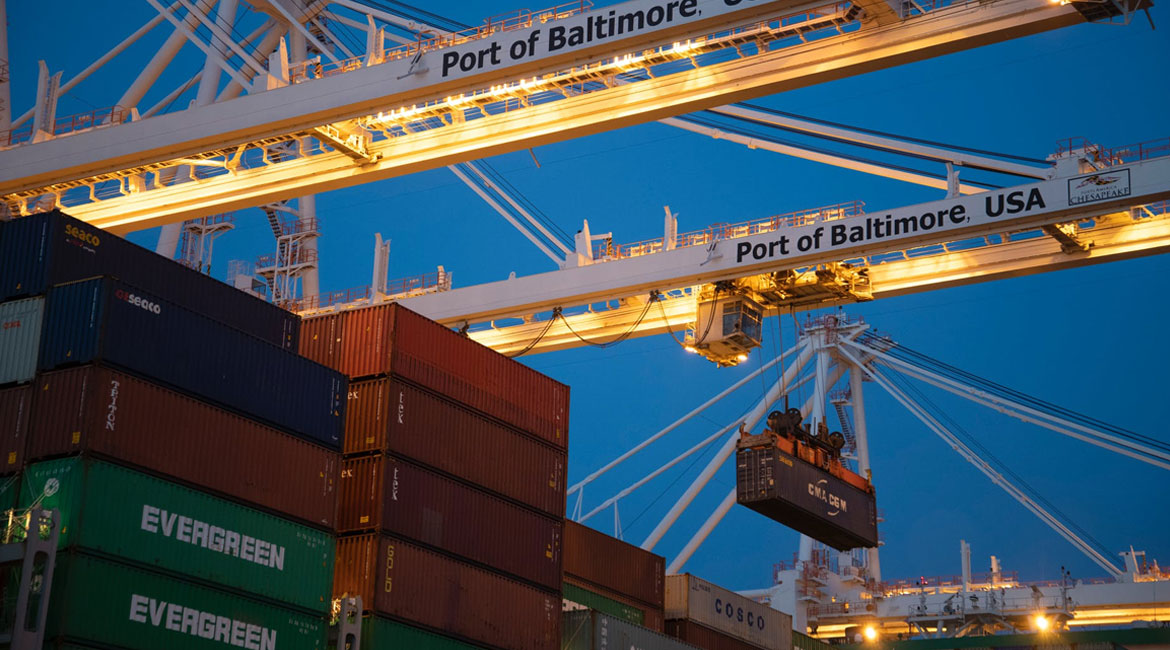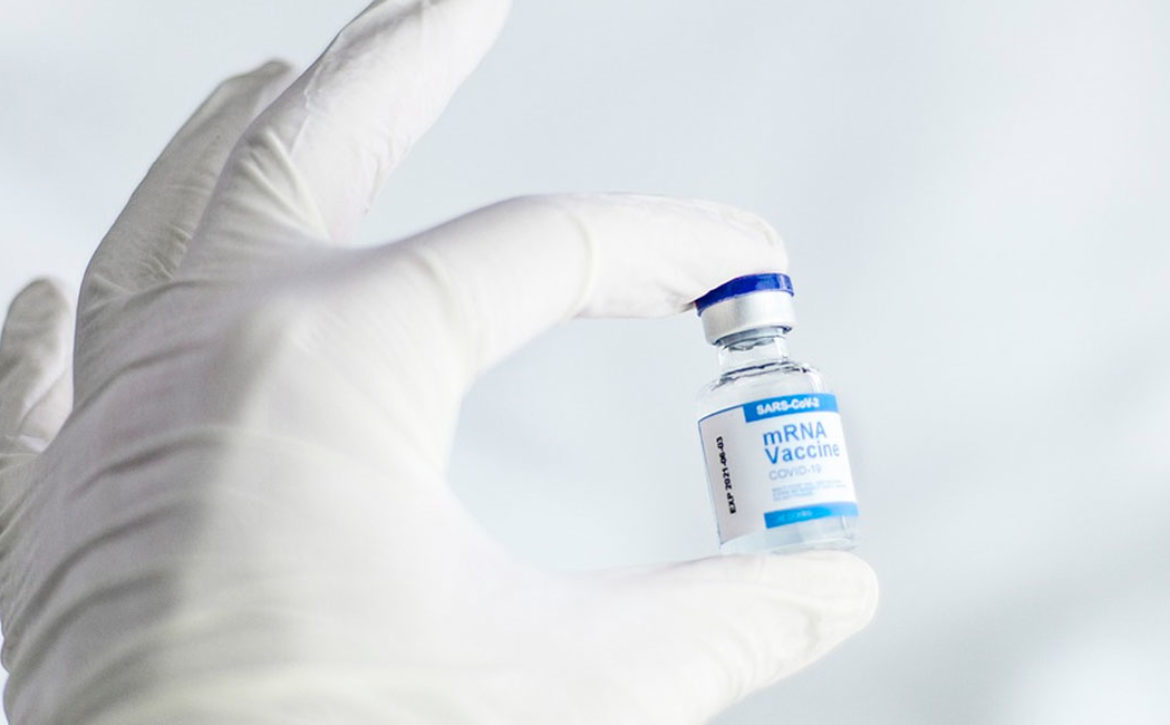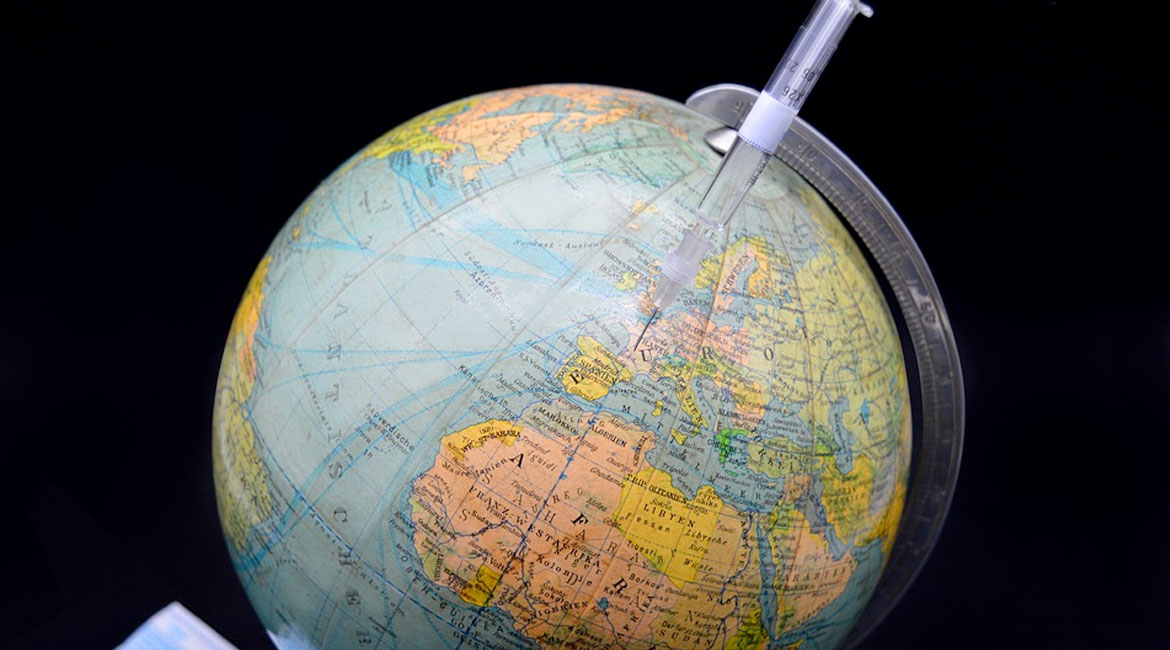Corporate devices are bigger climate polluters than data centers
While they are at the heart of the cloud revolution currently unleashing the potential of the internet, data centers are also notorious climate polluters. The sector has received immense scrutiny for years due to its resource-gobbling operations and significant concerns over the ecological impact it has on local communities.
However, a recent report by McKinsey suggests that data center operations, at least in on-premises applications, may be a smaller concern relative to the substantial emissions from enterprise technology.
According to the report, corporate devices flood the earth’s climate with about 400 megatons of carbon dioxide equivalent gases. Overall, enterprise tech emissions total roughly 1% of global greenhouse gas emissions – or, to put this in context, the equivalent of the United Kingdom’s total carbon emissions.
I think that with the increasing pressure on companies and large corporations for more substantial action on climate and sustainability issues, the McKinsey report could hardly have come at a worse time. Nevertheless, the data holds an advantage for companies willing to put in the work on climate issues. As McKinsey note, “progress on climate change requires action on many fronts, and enterprise technology offers an important option that CIOs and companies can act on quickly.” I’ll look a bit more closely at this data below and the implications it raises.
Corporate devices are nearly twice as polluting as data centers
End-user devices such as smartphones, laptops, printers, and tablets are the biggest culprit in enterprise tech emissions. Altogether, they emit between 1.5 and 2.0 times more carbon than data centers. There are a few reasons why this is the case.
First, corporate end-user devices are significantly more – and proliferate much quicker – than the servers in on-premises data centers. Employment booms, which have occurred often recently, typically cause device numbers to balloon, often on a one-to-one basis. Meanwhile, companies usually purchase servers and provision data centers based on forecasts of current and near-future use, and therefore need to upscale infrequently.

Second, end-user devices have a shorter refresh cycle than on-premises servers. For instance, smartphones typically get replaced in two years, while laptops and printers have refresh cycles of four and five years respectively. Meanwhile, servers get replaced every five years on average – and one in five companies wait even longer.
Third, and perhaps more importantly, emissions from corporate end-user devices are set to increase over the coming years at a CAGR of 12.8% yearly. This projected rise is driven by growing emissions from manufacturing, transportation, use, and disposal of these devices.
Consequently, taking action on enterprise end-user devices can be an effective way to quickly and sustainably slash corporate emissions. Some levers that companies may adopt include using energy-efficient devices, limiting the proliferation of these devices, exploring refurbished devices, and increasing product life span.
McKinsey also suggests that migrating from on-premises servers to “hyperscale” cloud-hosted computing may present one of the biggest emissions savings opportunities for companies. But can this provide the climate progress that companies need to establish their sustainability credentials?
The “carbonivorous” data center controversy
While the drive towards sustainability through “hyperscale” data centers may yet bear fruit, the data center controversy continues to receive significant attention. According to figures quoted in the MIT Press Reader, the cloud now has a greater climate footprint than the aviation industry. Starkly put, “a single data center can consume the equivalent electricity of 50,000 homes.”
And what is perhaps most frustrating is that the substantial portion of this energy use does not even go to active computational processes – those take up only 6-12% – but instead to redundancies stacked upon redundancies needed to guarantee the now minimum 99% uptime required by cloud users.
Hopefully, moving to hyperscale data centers will markedly reduce the resource requirements of cloud computing. But only time will tell whether that will be the case.

